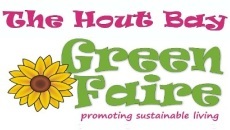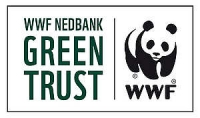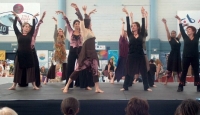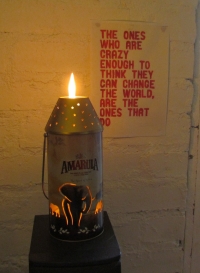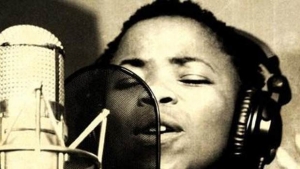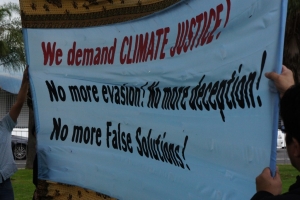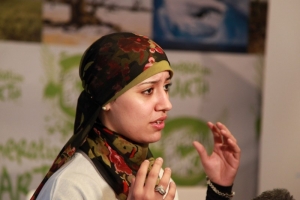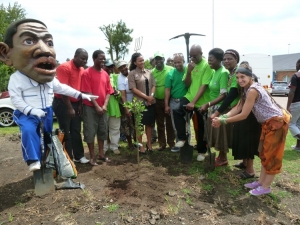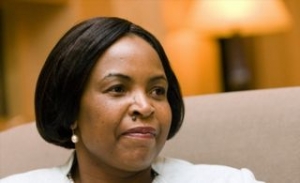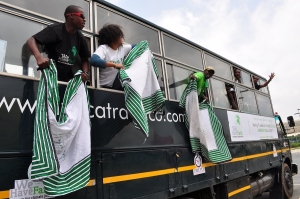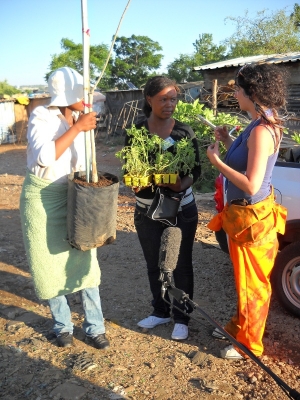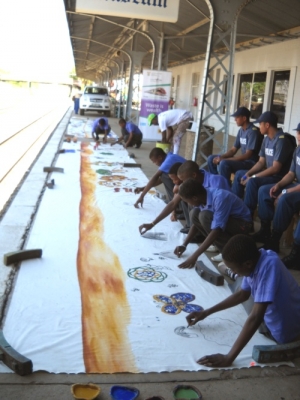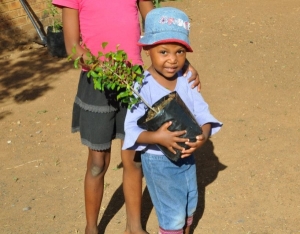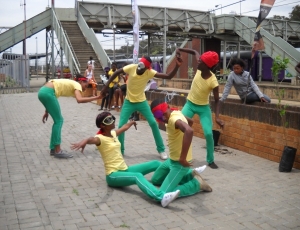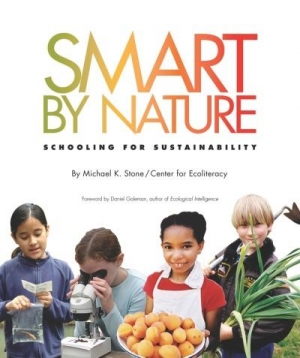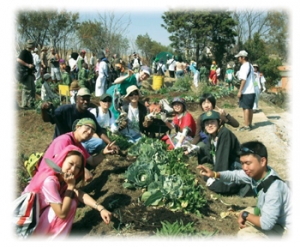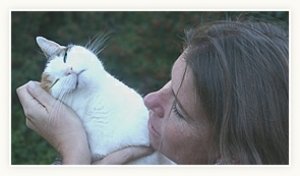Over the past 21 years the WWF-Nedbank Green Trust has contributed nearly R115 million to more than 180 environmental projects in South Africa.
The Cape Town Celebrate Life Festival is held from 9-10 June at the River Club, Liesbeek Parkway, Cape Town from 10.00-17.00 both days. There will be interesting speakers, both local and international, an eco-quiz with cool green prizes by our editor, a talk on container food gardening, workshops, concerts, exhibitions and stalls on both days.
The World Future Council is calling for Ombudspersons for Future Generations. These would be guardians appointed at global, national and local levels whose job would be to help safeguard environmental and social conditions by speaking up authoritatively for future generations in all areas of policy-making.
Support WWF's global eco-friendly campaign, Earth Hour, with a special lantern that has been designed to hold a single candle, so users can switch out the lights at 8.30pm on Saturday 31 March 2012, for 60 minutes.
Finding a solution to the short-term interests and ongoing unsustainable practices driving our societies and economies is a recurring issue. Few innovative ideas have emerged, fewer are being fully implemented and, as a consequence, we are exceeding planetary boundaries, threatening the security and wellbeing of those around us and those who follow us.
The United Nations climate talks have unfortunately been just that for 16 years – just talk and no real action, the most famous of these so far being the failed conference in Copenhagen in 2009. After the deep disappointment of Copenhagen, a South African anti-apartheid activist teasingly noted that the talks had failed because the climate movement didn’t have a song!
The United Nations Convention on Climate Change (UNFCCC) 17th Conference of the Parties (COP 17) kicked off in Durban today with one resounding message, “It always seems impossible until it’s done.”
Johannesburg / Nairobi – 23rd November 2011: Concerned youth from across the African continent gathered this week in Johannesburg ahead of the United Nations Framework Convention on Climate Change (UNFCCC), the 17th session of the Conference of the Parties (COP 17) that takes place in Durban, Kwa Zulu Natal from the 28th November.
After a beguiling journey through some of South Africa’s remote communities, the Climate Train has reached its final destination in time for the biggest conference SA has ever hosted.
African women and children constitute the majority of the continent’s poor and play a vital role in food production in Africa. Therefore they will be the hardest hit by famine due to climate change, if they are not effectively prepared and food security issues are notaddressed properly. The continent will suffer as a result.
Zambia, Uganda, United States of America, Canada, Cameroon, Kenya and South Africa. These countries were all represented in one room to make their voices heard in the fight against climate change.
Drought, lack of funds and land ownership problems. This is but a few of the challengers the Blood River shack dweller community’s youth are facing.
Today we figured out from first hand experience why Kimberley is known as the city of diamonds. We might not have found a hidden bag of jewels, but what we did find was something far more valuable.
'She is the frame of the unexpected. A young girl with no rank and no title, just two small hands that carry her entire community. There are no facilities here; there are no green bins that line the streets, just her understanding.'
For the past week we've been doing a lot of climate talk, tree planting and painting with the aim to raise awareness about climate change. We've travelled through four cities and worked with over 3000 children and adults, but when we arrived in Klerksdorp on Friday, we were taught a couple new moves.
Nature as teacher is the main principle behind The Center for Ecoliteracy's publication 'Smart by Nature - Schooling for Sustainability.. This requires thinking in terms of systems - one of nature's basic characteristics.
Last week two emails landed in my inbox. Two young boys were writing to me completely independently. They had started hearing animals speak to them.






